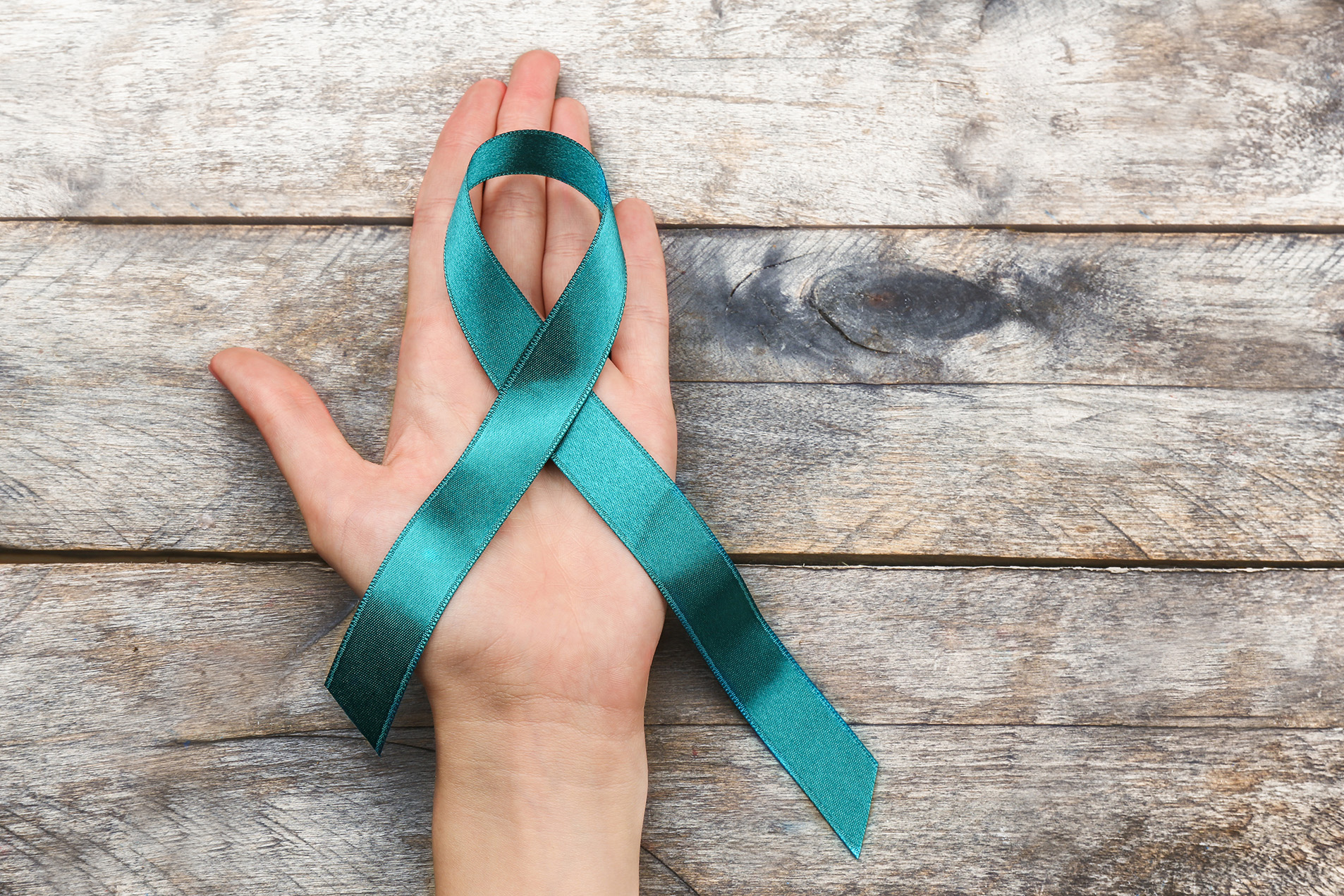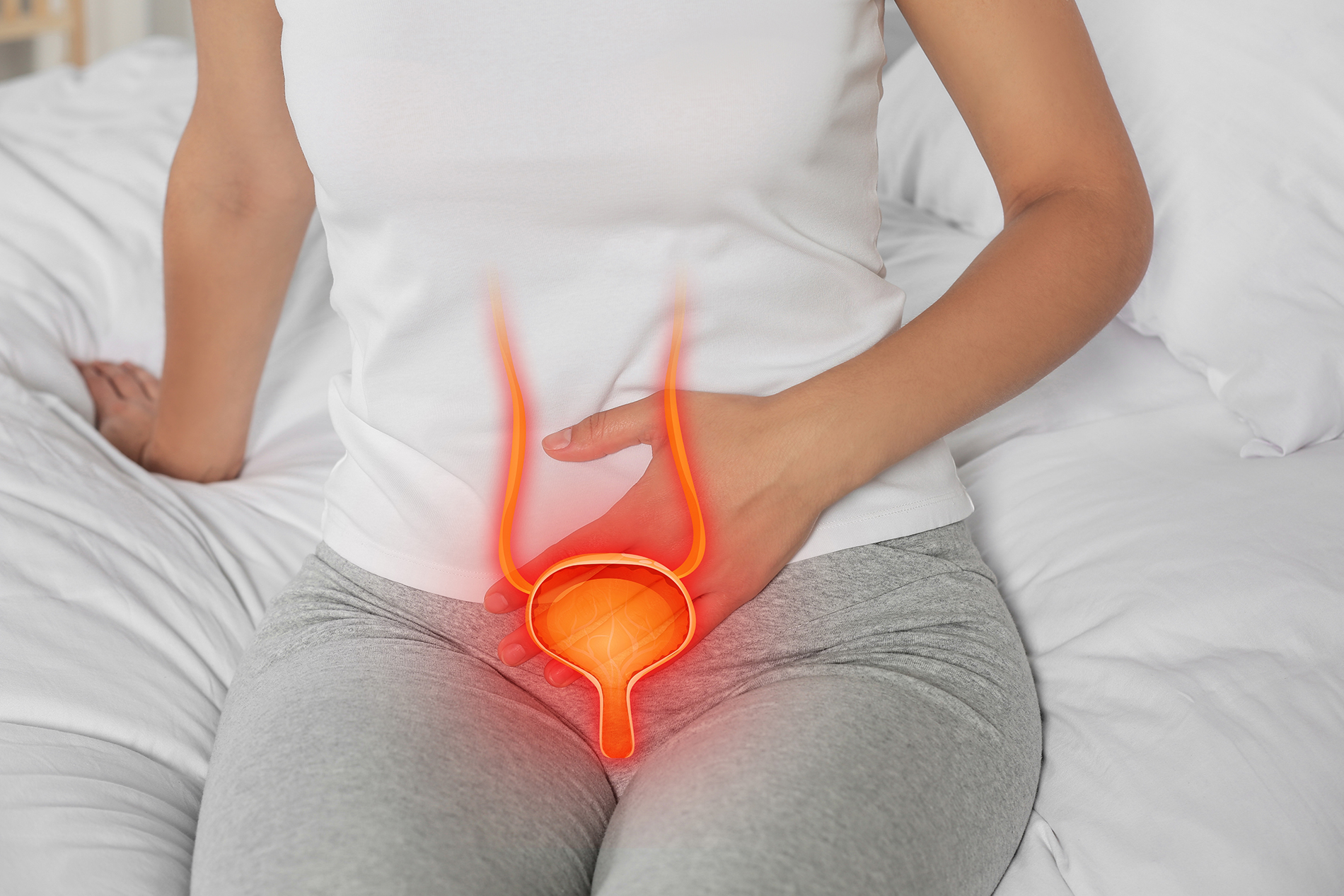What is polycystic ovarian syndrome?
PCOS represents a broad array of symptoms that can affect women of reproductive age. It is considered one of the most common hormonal problems women can suffer from, impacting 5 to 10% of women. It is characterized by excess androgens and abnormal periods with or without the classic appearance of multi-cystic ovaries.
To be diagnosed with this condition, you must have at least two out of three of the main symptoms, including hirsutism (male pattern hair growth on the face/chest), skipping periods (oligomenorrhea), or a "string of pearls" appearance to the ovaries on pelvic ultrasound.
It's essential also to note that all healthy women create cysts on their ovaries every month during the normal ovulation/menstrual cycle. Still, when there are more than 20 cysts on each ovary, PCOS must be considered.
Who is at risk for the condition?
Researchers have not identified the exact inciting factor for PCOS, so all women in their reproductive years are at risk. Women usually present to their OB/GYN with irregular periods, sometimes going more than three months between menses.
What are the typical symptoms women with PCOS experience?
Symptoms include irregular periods, abnormal hair growth on the body, and polycystic ovaries. Women also often present with insulin resistance, obesity, fatty liver disease, and dyslipidemia (an imbalance of lipids such as cholesterol, low-density lipoprotein cholesterol (LDL), triglycerides, and high-density lipoprotein cholesterol (HDL).
Can PCOS impact fertility?
PCOS can impact fertility. Since periods are irregular, the ovaries send abnormal hormonal signals, causing women not to release eggs from the ovaries every month and making it more challenging to get pregnant. Women may need medication to help them ovulate and achieve pregnancy.
Conversely, it can also lead to unintended pregnancy since there is no reliable way to track ovulation for women, given the irregular nature of their periods.
How is PCOS usually treated?
PCOS is treated primarily with both lifestyle changes and cycle regulation. Patients are often placed on birth control pills or recommended the IUD to stabilize the hormones from the ovaries. Physicians especially recommend an IUD as it decreases the risk of endometrial cancer by keeping the inside of the uterus thin and unable to transform into cancer. Since endometrial cancer is a particular issue in patients with PCOS, it is a good option for them.
Additionally, screening for metabolic disease is vital for women with PCOS as they are prone to developing these. Therefore, lifestyle changes, including a healthy diet and regular exercise regimen, are crucial to prevent or manage these conditions that can come from PCOS.
Patients can also be placed on medications like spironolactone to help with hair growth or metformin to help with insulin resistance.
Are there any lifestyle changes a woman can make to improve her PCOS?
Diet and exercise, sometimes even seeking help from a nutritionist and personal trainer, can help to control the obesity that is associated with PCOS and, therefore, decrease the risk of adverse cardiovascular and metabolic symptoms of this condition. It can also benefit patients to control their weight to have a better chance to promote normal ovulation and, therefore, a regular menstrual cycle that does not increase the risk of endometrial cancer.
What are the critical things women should know about PCOS?
Women with this condition are at an increased risk of many other metabolic and endocrine issues, including heart disease, hypertension, obesity, type two diabetes, endometrial cancer, and precancer (endometrial hyperplasia) if untreated. So, if you suspect you may have this condition, it is worth it to get evaluated and get recommendations for treatment to lower the risk or effect of these diseases.

Rachel L. Parker, MD, Lexington Women's Care Sandhills



![AshleighDonahuePhotography-140[2] Asbill family at home with baby](https://blog.lexmed.com/images/librariesprovider80/blog-post-featured-images/ashleighdonahuephotography-140-2.jpg?sfvrsn=8a3e920b_0)






Leave a comment